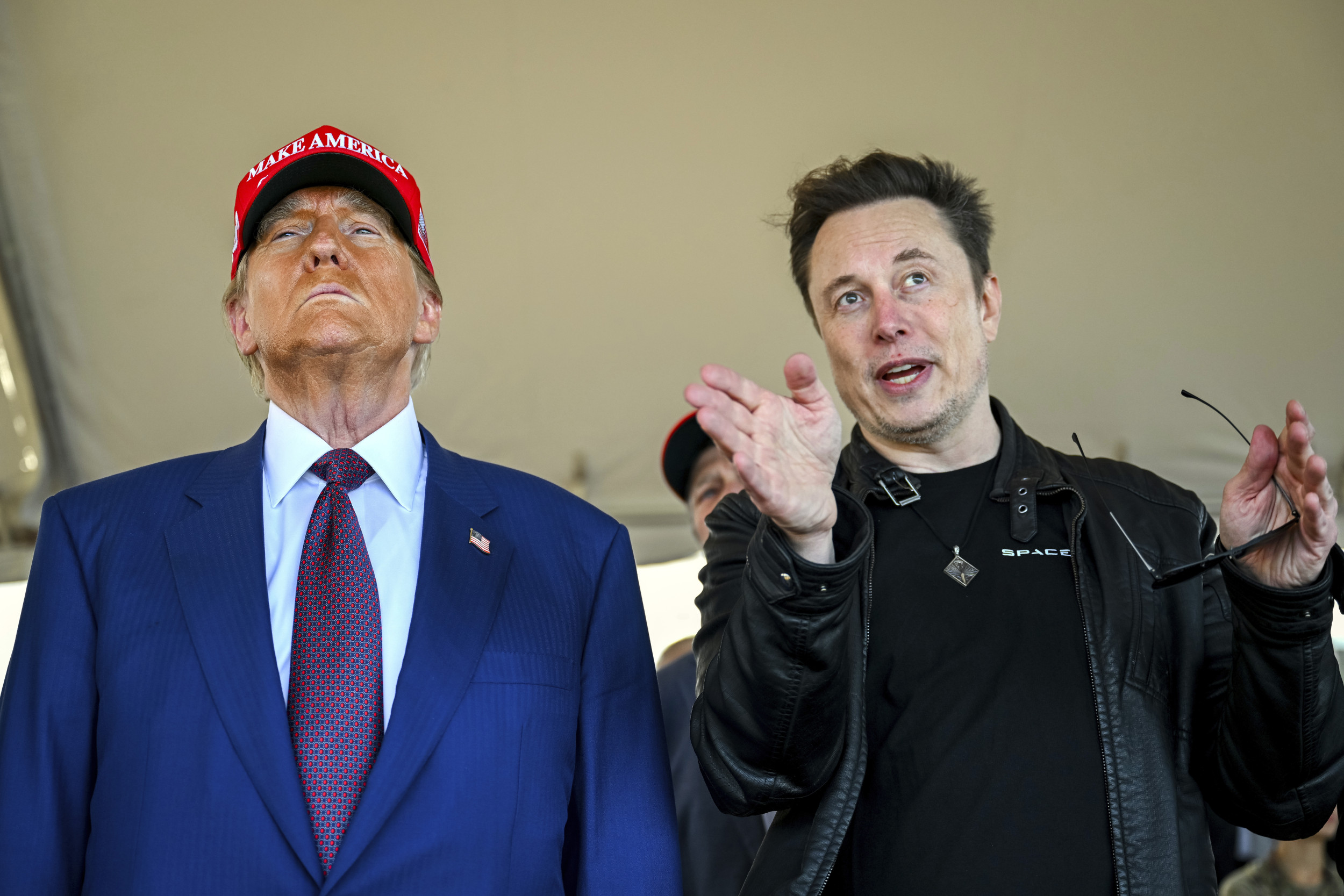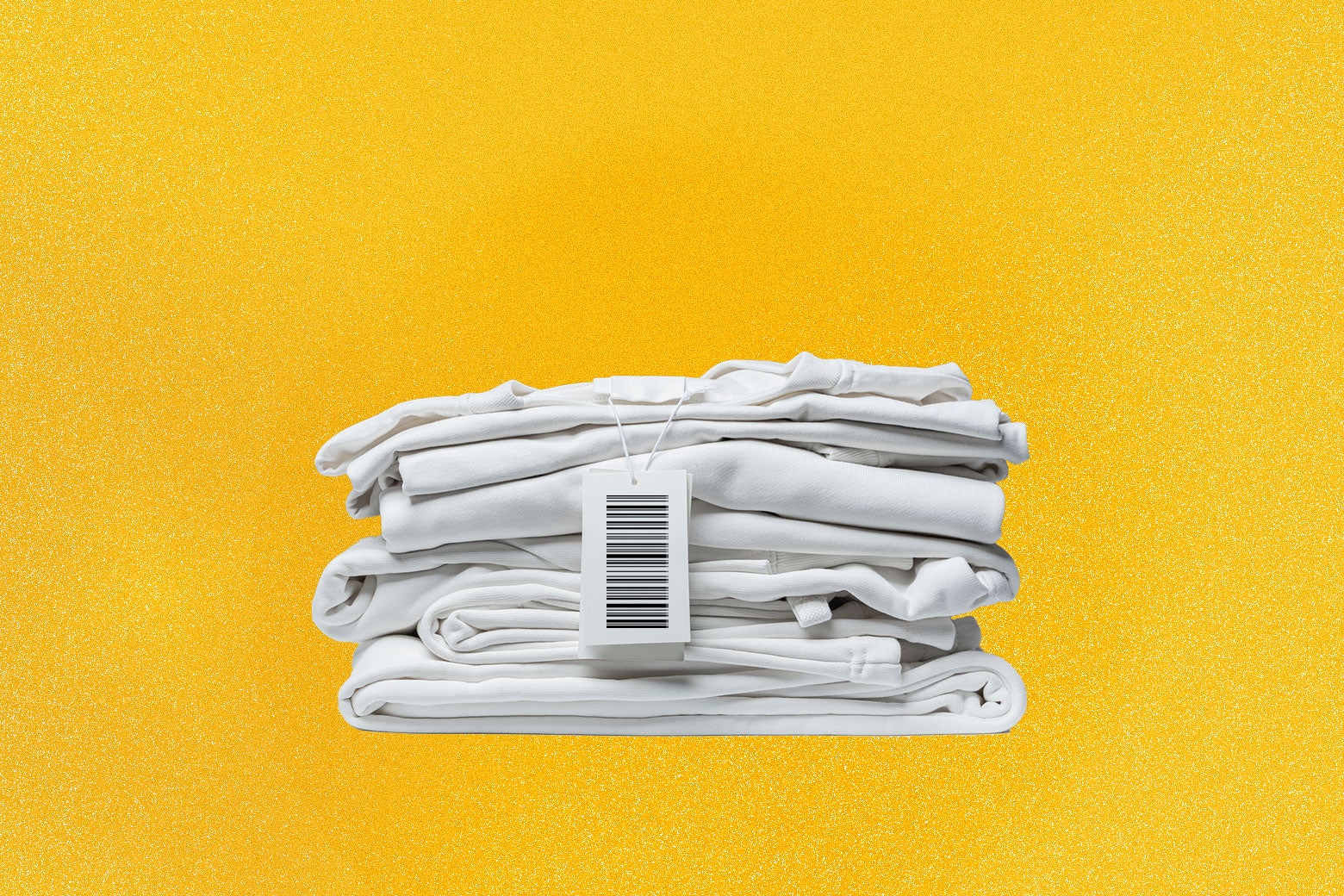Bussiness
Elon Musk’s business ties to China—What to know as MAGA turns on Trump ally

The fallout from the bipartisan spending bill earlier this month, which was heavily influenced by Elon Musk, along with his recent comments supporting foreign workers, has prompted some Republicans to criticize and question Musk’s business ties to China.
Why It Matters
As one of Donald Trump‘s top allies and largest financial backers, Musk has demonstrated his influence in the incoming administration, playing a key role in the collapse of the bipartisan spending agreement earlier this month. Musk urged Republican lawmakers to reject the bill, which some House Democrats allege was motivated by its restrictive investment provisions targeting China.
Musk, who is the CEO of Tesla and SpaceX, has deep business ties with China and often speaks favorably of the country that shares a tense relationship with the U.S. and the Republican Party. President-elect Donald Trump has advocated for higher tariffs on Chinese goods, has often referred to the coronavirus as “China virus,” and has criticized President Joe Biden for not countering China, particularly on trade policies.
What To Know
Musk, the world’s wealthiest person, has invested in China, a country crucial to his electric car company. Tesla’s Shanghai plant opened in 2019 and is the company’s largest factory, accounting for half of Tesla’s global car production, according to The Wall Street Journal.
Newsweek has reached out to Tesla via email on Friday for confirmation and to contact Musk.
In addition to production, China is also a major market for Tesla and is a key player in the global battery supply chain.
Musk has met with a handful of high-ranking Chinese officials, including Premier Li Qiang, Foreign Minister Qin Gang, Industry Minister Jin Zhuanglong, and Commerce Minister Wang Wentao.
Brandon Bell/Pool via AP
The tech giant often praises China’s technological advancements, including the country’s space program, infrastructure, and renewable energy. In 2019, he was offered permanent residency in the country after visiting and saying, “I love China and want to come here more often.”
Earlier this month, Musk came out against the bipartisan spending bill that would avert a government shutdown, with some lawmakers suggesting he was against it due to the provisions on China.
The original bill would have prohibited or required notification of overseas transactions involving China in sectors like semiconductors, quantum technology and artificial intelligence. It also would have included an expanded review of Chinese real estate purchases near national security-sensitive sites and a requirement to study national security risks posed by Chinese-made consumer modems and routers.
The final version of the bill removed all China-related provisions.
Prior to his nomination as co-lead of the Department of Government Efficiency (DOGE), some Republicans were wary of Musk’s relationship with China, such as former Trump White House chief strategist Steven Bannon who previously said that “his paymasters” are from the Chinese Communist Party (CCP).
Now, amid the inter-party strife over H-1B visas, more Trump supporters are raising eyebrows over Musk’s business ties to China.
What People Are Saying
Steve Bannon told Newsweek via text message on Friday, “I’ve always been public about my deep reservations concerning Elon’s financial ties to the CCP [Chinese Communist Party]—the Tesla joint venture underpins his entire business empire and they control it.” Bannon also told Newsweek he doesn’t believe that Musk didn’t support the bipartisan spending bill over its China provisions.
Laura Loomer said on Steve Bannon’s show, War Room, on Friday morning: “I also have a problem with his [Musk’s] ties to China….Why does this guy have why does this guy have unfettered access to President Trump? And what are the national security implications of this?”
Democratic Representative Rosa DeLauro in a December 20 press release: “Musk’s investments in China and his ties with the Chinese Community Party have only grown over the last few years with Tesla’s Shanghai plant producing about 50 percent of Tesla’s global automobile output. It is no surprise ‘President’ Musk does not want to see a funding deal containing this provision be signed into law.”
Republicans against Trump posted on X on Thursday: “MAGA just finding out that DOGE was never about “government efficiency.” Instead, it was a tool for Elon Musk to push for deregulation, shut down criminal investigations into his companies, and make it easier for him to expand his businesses in China.”
Republican Senator Marco Rubio posted on X on January 3, 2022: “Right after President Biden signed Sen. Rubio’s Uyghur Forced Labor Prevention Act into law, @Tesla opened a store in #Xinjiang. Nationless corporations are helping the Chinese Communist Party cover up genocide and slave labor in the region.”
What Happens Next
It is unclear what U.S.-China relations will look like under the new Trump administration. While Elon Musk presents a friendly face, the nominations of prominent China hawks Marco Rubio as secretary of state and Mike Waltz as national security adviser suggest a contrasting approach.








